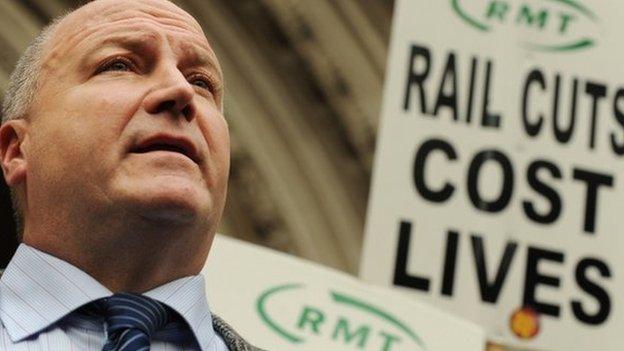Mick Cash: RMT boss fighting on four fronts
- Published
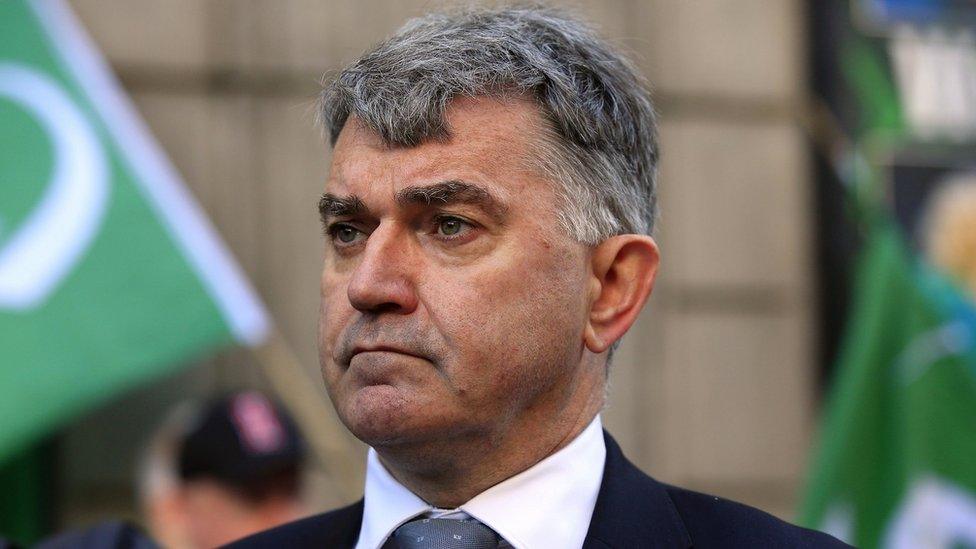
When Mick Cash took over as general secretary of the Rail, Maritime and Transport (RMT) union, he defined his approach as "pick your fights".
Now, after nearly two years in the post, his union is involved in four simultaneous fights with four different rail companies.
On Southern railway and ScotRail, his members have staged strikes against plans by the train companies to run more trains on which drivers, rather than guards, operate the doors.
The ScotRail dispute may be nearing resolution, while the latest Southern train strikes have now been called off for talks.
More recently, Virgin East Coast rail workers have voted for strike action, while RMT staff on Eurostar are set to stage two walkouts this month.
It seems that Mr Cash has a lot on his plate at the moment. But his tactics are still the same as those he outlined to the Guardian in September 2014, external, shortly after taking office.
"We negotiate first, we seek to get deals, but if we can't, we give our members the opportunity to have their say," he told the newspaper.
'No deviation'
Mr Cash has been a member of the RMT, and its predecessor the National Union of Railwaymen, for 35 years.
He had some big shoes to fill when he became the union's general secretary. The previous occupant of the post, Bob Crow, widely portrayed as a left-wing bogeyman and a throwback to the more militant era of the 1970s, had become the best-known trade unionist in the UK.
In contrast, Mr Cash, who had been Mr Crow's deputy for 12 years, was immediately labelled a "moderate", despite his assertions that there would be "no deviation from the industrial, political and organising strategy mapped out by RMT under Bob's leadership".
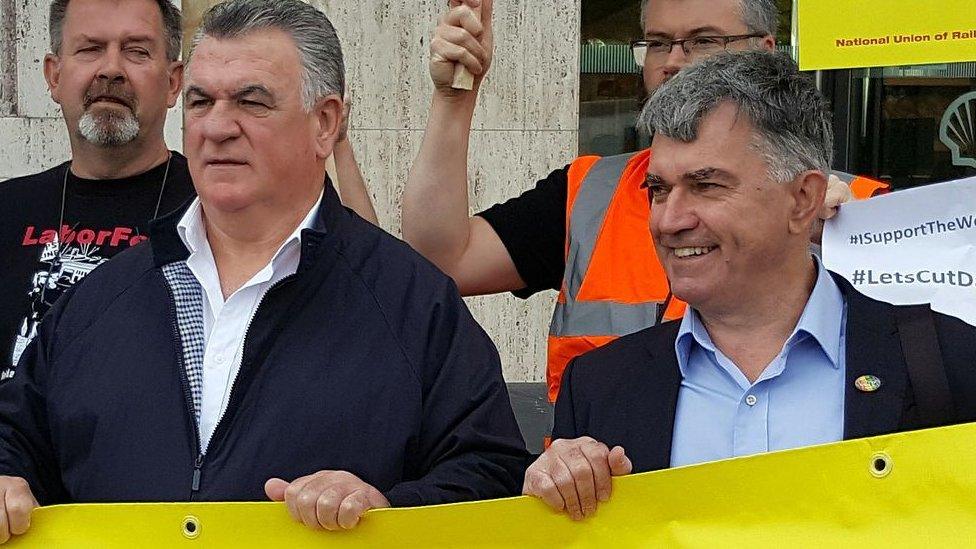
Mick Cash (right) often joins his members on the picket line
Mr Cash is a long-time Labour supporter who has served on the party's National Executive Committee and as a local councillor. His association with Labour has continued even after the RMT was expelled from the party in 2004, while the union itself is now affiliated to the Trade Unionist and Socialist Coalition.
He has never made any secret of his view that the railways should be renationalised. He has referred to rail companies as "parasites" and written that "the only answer to this continuing rail chaos is public ownership".
But rail industry observers say the RMT's main objective in the current round of disputes is not a political one, merely a desire to hold back a growing tendency to hand more tasks to train drivers and reduce the role of guards.
This, for the union, is an issue of safety. And given the way that passenger numbers have increased and trains have lengthened in recent years, some analysts feel the RMT does have a case.
Picket lines
Mr Cash is a railwayman through and through, having begun work with British Rail in 1978 in the signal and telegraph department. He joined the RMT full-time in 2002.
In the current wave of industrial action, he has been popping up on picket lines from Glasgow to Eastbourne, always ready to denounce rail bosses for "ripping apart the safety culture on our railways".
True, his public profile remains self-effacing, unlike that of his ebullient predecessor. But that may not matter too much, since he has held on to the big increase in membership that happened on Mr Crow's watch.
The RMT had just 57,000 members in 2002, but the total now stands at more than 82,000.
Without attracting the same attention, Mr Cash has quietly followed in Mr Crow's wake, following much the same policies.
"This union is in fighting shape for the battles that we know lie ahead," he said when he took office, and whatever the travelling public may think of the outcome, he has certainly faced those battles head on.
- Published10 August 2016
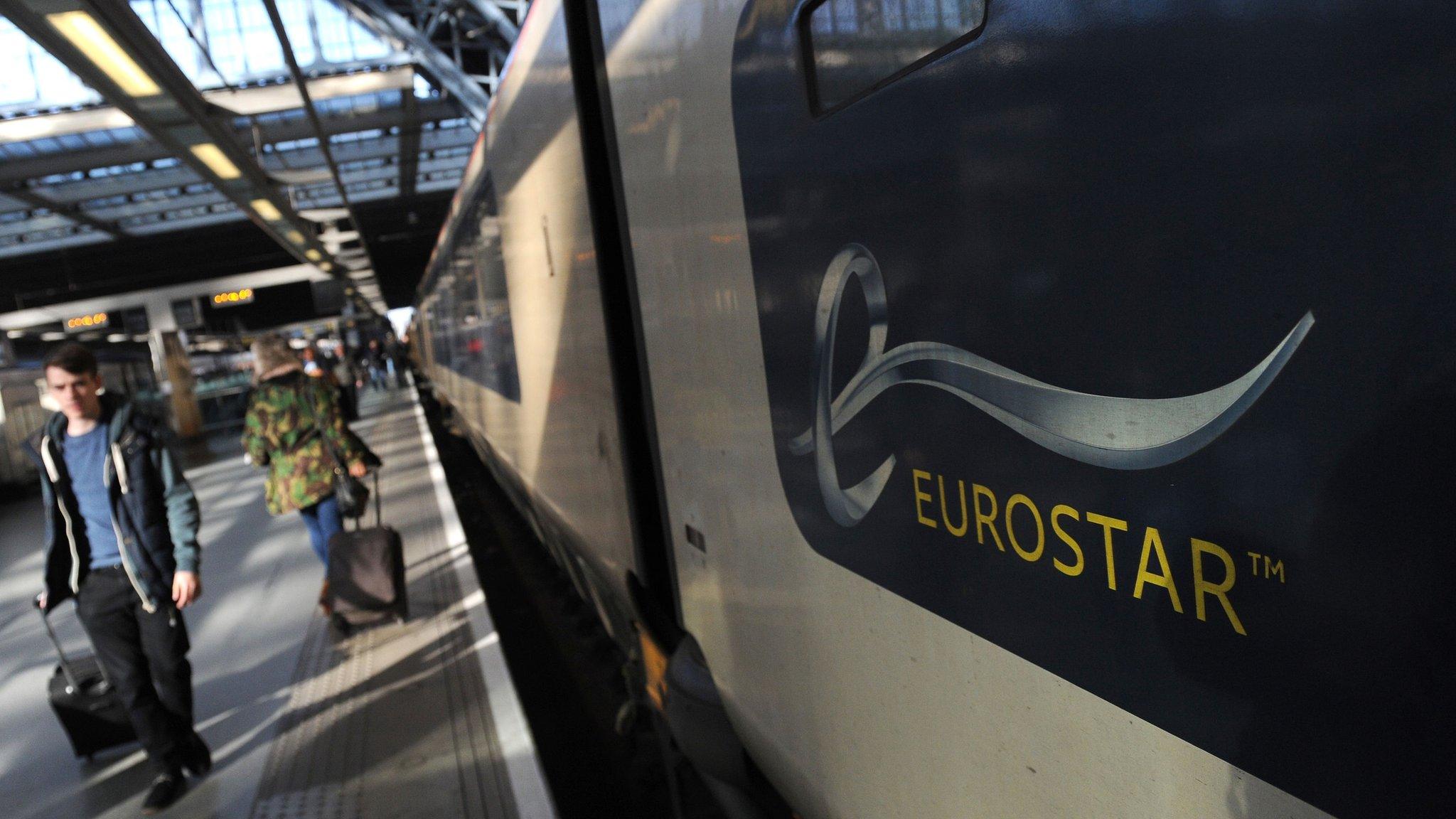
- Published10 August 2016
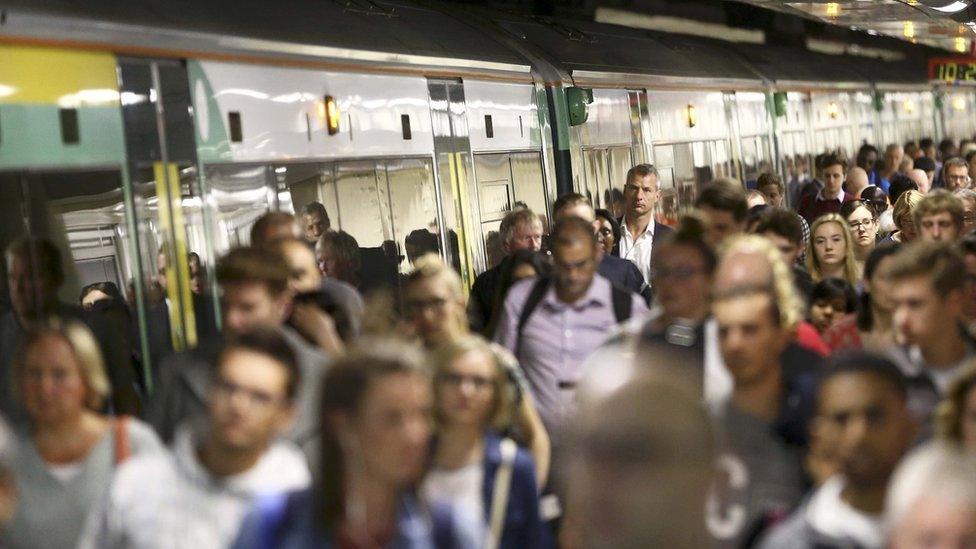
- Published9 August 2016
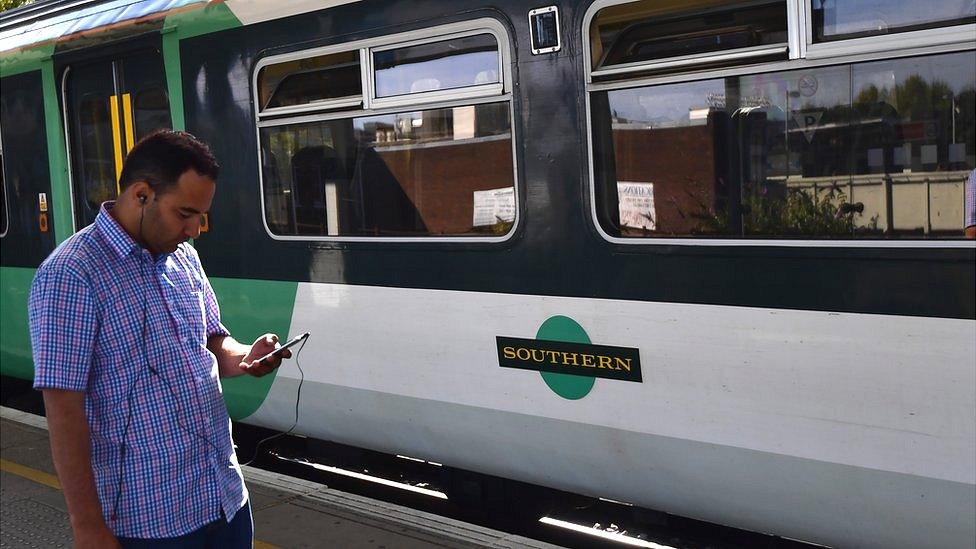
- Published22 September 2014
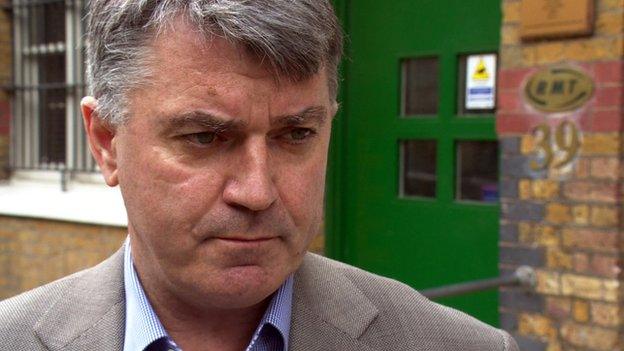
- Published11 March 2014
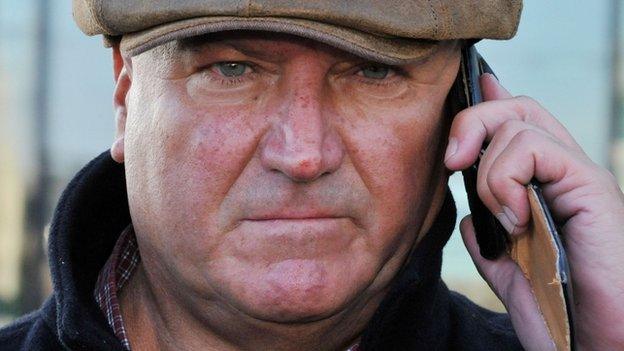
- Published11 March 2014
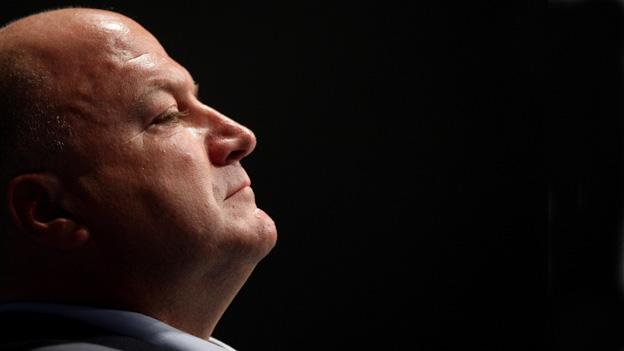
- Published11 March 2014
